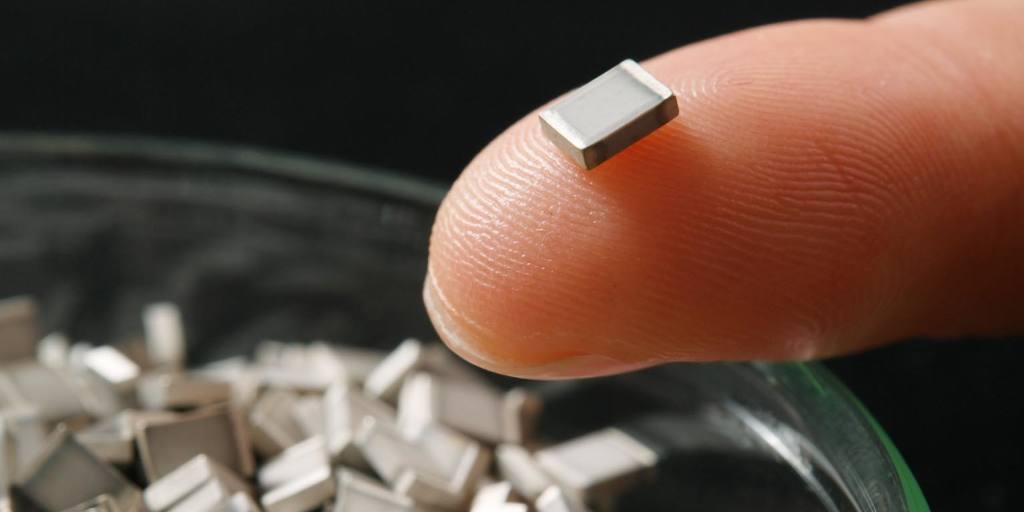TOKYO — Imagine electric cars that can travel 700km to 800km on a single charge, twice as far as they do today. Imagine batteries that are smaller, safer and pack more punch than the lithium-ion cells that power our gadgets now.
Such is the promise of solid-state batteries. Capable of holding more electricity and recharging more quickly than their lithium-ion counterparts, they could do to lithium-ion power cells what transistors did to vacuum tubes: render them obsolete.
As their name implies, solid-state batteries use solid rather than liquid materials as an electrolyte. That is the stuff through which ions pass as they move between the poles of a battery as it is charged and discharged. Because they do not leak or give off flammable vapor, as lithium-ion batteries are prone to, solid-state batteries are safer. They are also more energy-dense and thus more compact.
